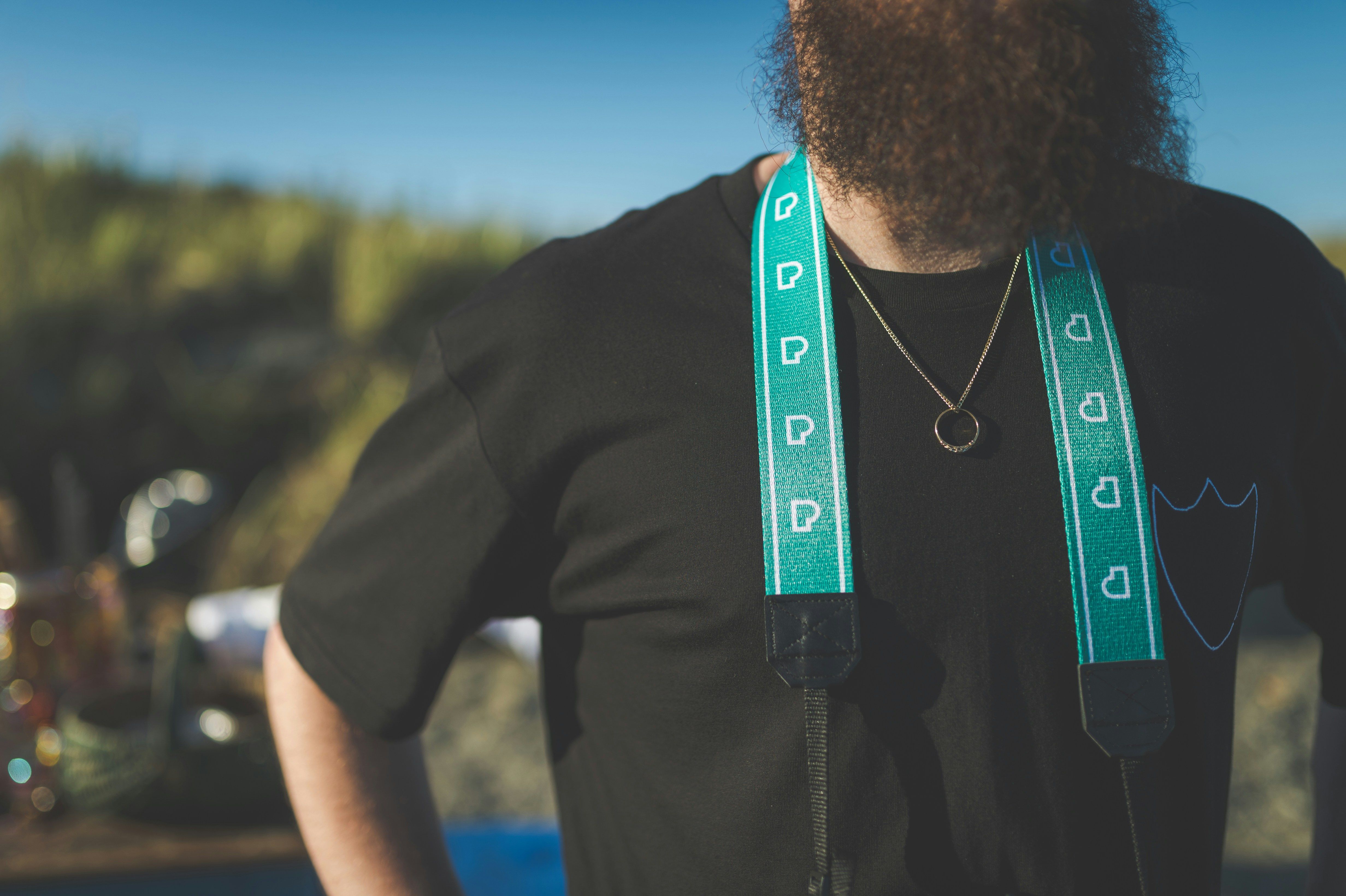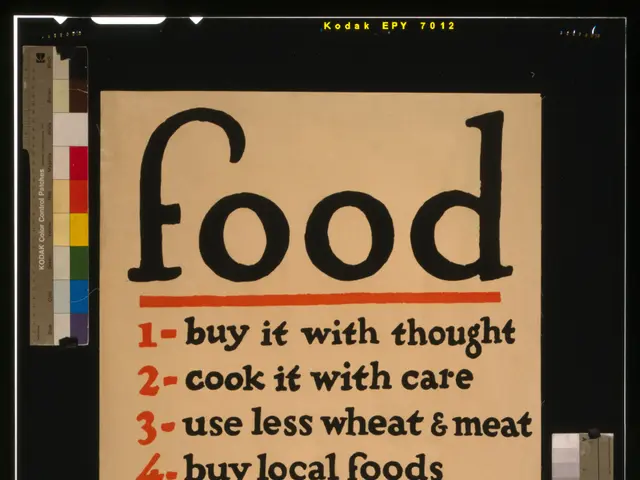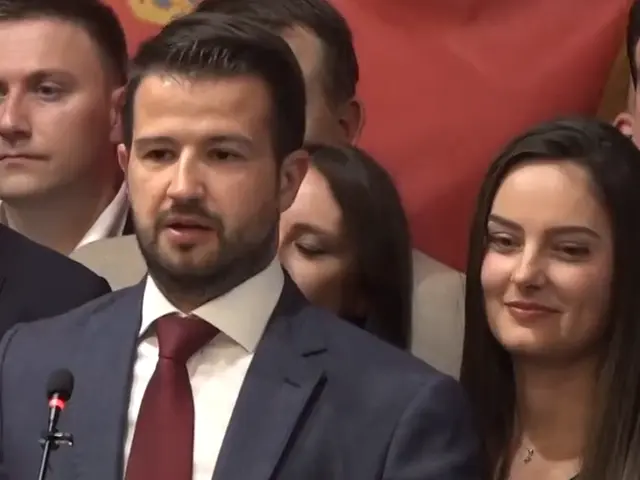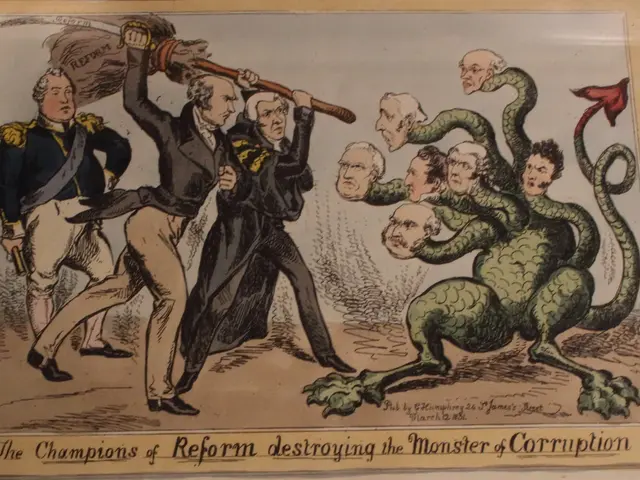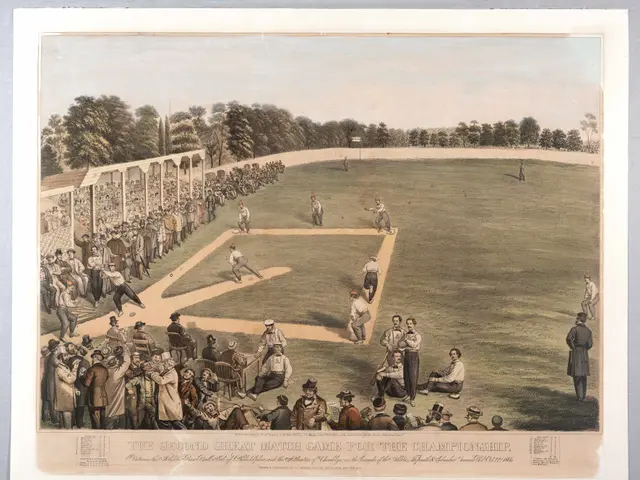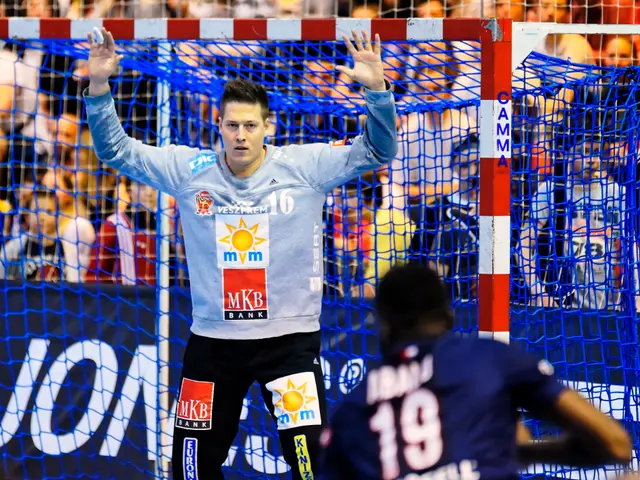South Korea's Presidential Race: A Turbulent Journey
Presidential election in South Korea shaken by recent court decision
SEOUL - South Korea's upcoming presidential election, scheduled for June 3, is shaping up to be a rollercoaster ride. With the recent ousting of former President Yoon Suk Yeol and a series of legal hurdles for front-runner Lee Jae-myung, the nation, which has been led by a succession of interim deputies since Yoon's removal, finds itself in a state of flux.
Yoon, who met his downfall following December's martial law declaration, was booted from office last month. Since then, the country has been under the management of a descending order of deputies, including the prime minister, the finance minister, and, at present, the education minister.
Lee, the head of South Korea's liberal opposition party, has been the frontrunner in polls. However, his candidacy has been beset by a string of criminal trials, which he claims are politically motivated. These trials culminated in a Supreme Court ruling on Thursday, revoking a lower court's acquittal of Lee on charges of violating the country's election law - a statute that forbids candidates from disseminating "false statements."
The appeals court is yet to rule on Lee's case, and should it do so before the presidential election, Lee may be disqualified from the race. This unexpected turn of events has provoked a storm of criticism from Lee's supporters, who accuse the Supreme Court of unjustly tipping the scales of the election. Interestingly, all but two of the Court's justices, both of whom issued dissenting opinions, were nominated by Yoon, a conservative.
In response to calls for his withdrawal from the race, Lee's opponents have intensified their pressure, with conservative candidate Lee Jun-seok urging the Democratic Party to replace him as the party's candidate.
The Fall from Grace of Yoon Suk Yeol
Yoon's downfall serves as a stark reminder of the volatile nature of South Korean politics. Having been impeached for declaring martial law in December, his removal from office last month triggered a snap election.
The Legal Woes of Lee Jae-myung
The charges levied against Lee originate from events dating back to his second presidential bid, which he lost to Yoon in 2022. The primary disputes concern a controversial real estate development project in Seongnam, where Lee served as mayor from 2010-18. Lee has been accused of falsely claiming that a photograph showing him with a municipal official involved in the project was doctored and that he wasn't aware of the official. He also allegedly stated that he made a rezoning decision under duress from the central government.
The Controversy Surrounding the Timing of Trials
The timing of these trials has raised eyebrows, with some questioning if there was sufficient time for the justices to review the extensive trial documents. South Korean election law prohibits candidates from lying about themselves or their opponents and can result in sentences of up to seven years in prison and a five-year bar on running for public office for those found guilty.
Understanding that political impartiality is crucial for the judiciary, some scholars have warned that intervening in the realm of politics to determine truth from falsehood compromises the impartiality that the judiciary should maintain.
The Ongoing Cases and the Political Landscape
Apart from the postponed trials, Lee is embroiled in two other cases involving alleged illegal remittance via an underwear maker and misuse of corporate credit cards. These cases are currently in preliminary stages at the Suwon District Court.
The Complexity of South Korea's Politics
The legal quagmire surrounding Lee adds significant complexity to his presidential campaign and the broader political climate in South Korea. With the election fast approaching and the political landscape fraught with tension, the outcome remains uncertain.
Enrichment Data:
Overall:
Current Status of Trials Against Lee Jae-myung
South Korean presidential candidate Lee Jae-myung is currently involved in several criminal trials, including charges of subornation of perjury, election law violations, and a corruption case related to the Daejang-dong real estate development. Recently, the Seoul High Court postponed the first appeals hearing for the subornation of perjury trial until after the June presidential election, citing Lee's official candidacy as the reason[1][2]. This decision followed similar delays in trials involving election law violations and the Daejang development case[1][3].
Potential Impact on the Election
The timing of these delays could significantly impact the election by allowing Lee to focus on his campaign without the distraction and potential legal consequences of appearing in court during the campaign period. The Democratic Party had argued that delaying the trials would ensure equal opportunities for Lee to campaign, as mandated by Article 116 of the Constitution[3]. However, the Supreme Court's recent decision to overturn Lee's acquittal in an election law violation case has reintroduced uncertainty about his eligibility to run[4]. If further legal actions or court rulings directly affect his candidacy, it could further polarize the political landscape and influence public sentiment during the election period[4].
Ongoing Cases and Preliminary Stages
In addition to the postponed trials, Lee is involved in two other cases—alleged illegal remittance via an underwear maker and misuse of corporate credit cards—that are in preliminary stages and do not require his immediate courtroom attendance[1]. These cases are being handled by the Suwon District Court.
Overall, the current legal situation surrounding Lee Jae-myung adds considerable complexity to his presidential campaign and the broader political environment in South Korea.
- The Supreme Court's ruling last Thursday on Lee Jae-myung's election law violation case has intensified the debate about justice and political motivated trials in South Korea.
- Amidst the ongoing real estate development case, the Future Economy and Finance Minister nominee, Kwon Oh-hyun, recently voiced his opinion in favor of adjusting government policies to promote a more environmentally-friendly finance sector.
- The political landscape in California is marked by heated discussions regarding education policy and government funding, as educators demand increased financial support.
- In a recent general news report, it was revealed that the United Nations is urging parties involved in war-and-conflicts to respect international law and ensure access to humanitarian aid.
- As part of a larger global movement, civil society organizations in South Korea are advocating for stronger policy-and-legislation to combat crime and bring about justice.
- The political stance of Lee Jun-seok, a conservative candidate in South Korea, has come under scrutiny following his call for the Democratic Party to replace Lee Jae-myung as their presidential candidate.
- The ongoing trials against Lee Jae-myung, which include allegations of election law violations, subornation of perjury, and corruption, have highlighted the importance of maintaining judicial impartiality and adherence to law in the realm of politics.
